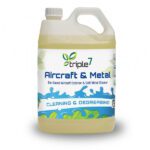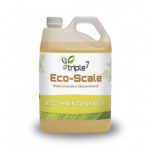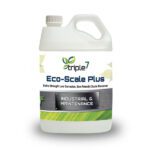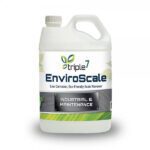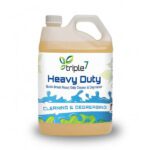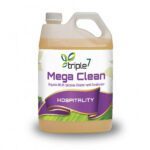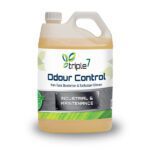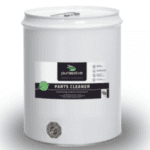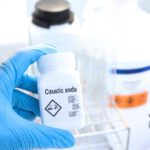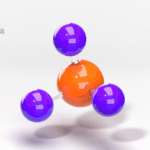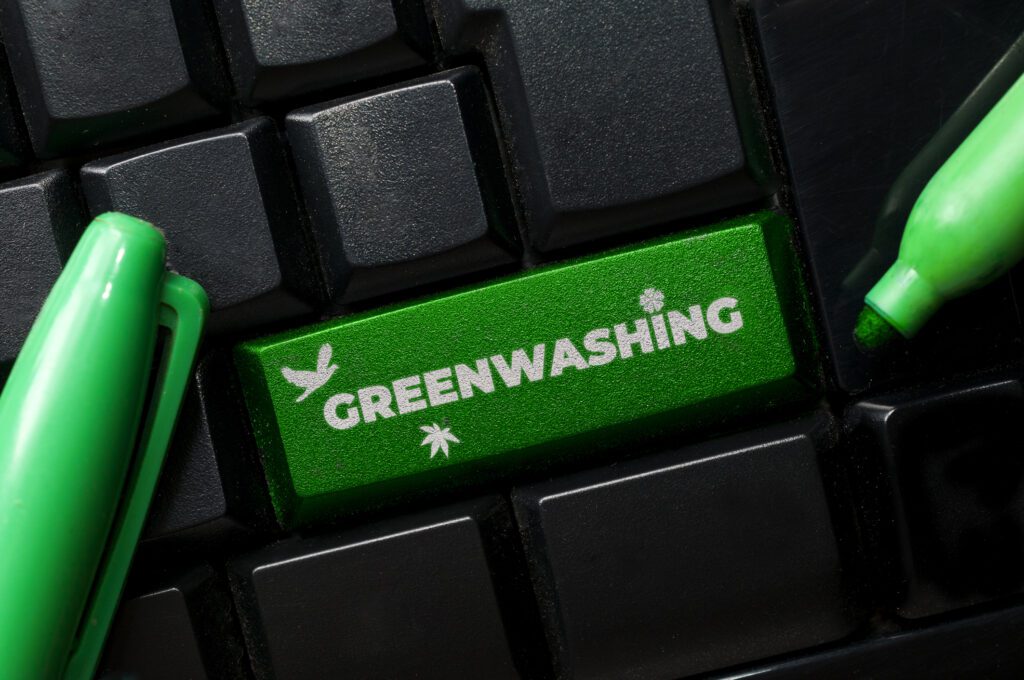
Green Washing in the Modern Day Business World
Greenwashing is sometimes referred to as eco-fraud. It is often used to describe companies that use misleading claims about their products’ environmental friendliness to make consumers buy them. Greenwashing is typically accomplished through deceptive advertising and publicity stunts that have little or no connection with what the company actually does.
Greenwashing aims to make the consumer feel like the product is safe and natural by presenting a greenwashing label on the front of the package. But, this may not be true; while they may be marketed with good intentions, there are often more preservatives in these products, which are not eco-friendly.
As a result of greenwashing, consumers are not only being misled, but they are also putting themselves at risk of using unsafe products. Furthermore, greenwashing occurs when a company does not have its act together in terms of corporate social responsibility. This encourages them to label their products as “green” or “eco-friendly,” even if they aren’t.
What is Greenwashing in Industrial Chemical Jargon?
Industrial Chemical Jargon is a term that refers to any chemical substance used in industries, including those with the potential to harm human health and the environment. Misleading consumers about the environmental practices of a company or organisation is typically greenwashing in terms of industrial chemical jargon. It can be done by making false claims about a product, service, or company’s environmental record.
“Greenwashing” is the deceptive practice of portraying dangerous and/or poisonous chemical products as sustainable and environmentally beneficial. As more businesses and customers take actual steps to lessen their environmental impact, manufacturers have produced chemical products that are effective, safer, and more sustainable.
Finally, everyone benefits from a cleaner, safer, and more efficient industry: firms, employees, consumers, and the environment. In addition to increased demand for environmentally friendly items, a dishonest marketing method has emerged that advertises things as green without any genuine or highly overblown environmental benefits. False, misleading, or inaccurate claims are ambiguous, unsupported, or unverified. When poisonous and destructive substances are employed, and dishonest trade practices are encouraged, customers lose faith in actual environmental benefits.


Consumer Protection and Green Marketing Legislation
In some countries, consumers and businesses have legal rights to rely on environmental safety and sustainability statements. The Competition and Consumer Act 2011 includes the Australian Consumer Law (ACL). It makes it illegal for firms to mislead or defraud clients purposefully, and those who do so face penalties.
Two fundamental provisions in European legislation govern environmental disputes. The law covers all types of marketing, including product packaging, names, labelling, advertising, and promotional materials. Directly making false or misleading representations and more ambiguous and indirect deceptive activity are prohibited under the requirements.
Making False Statements
False or deceptive claims regarding a product’s quality, value, grade, composition, style, or model or that it has a specific history or past use are banned by law. Any product description in the media or on the box must be correct.
It’s a straightforward guideline that both customers and businesses have come to anticipate. Some marketing strategies, such as greenwashing, may be harder to spot.
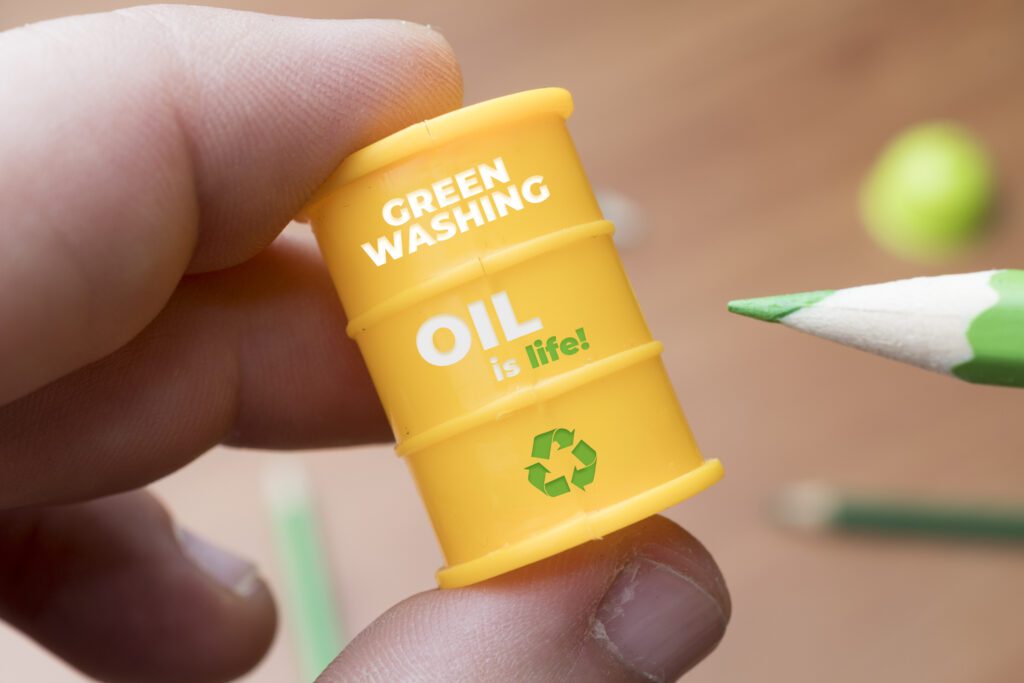

India’s Greenwashing
India is a country that faces many environmental issues. India’s population is growing at an alarming rate, leading to increased pollution and waste management problems.
In general, the statements made by a corporation in an MSDS or Material Safety Data Sheet (TDS – Technical Data Sheet) define the product’s legitimacy. Unlike consumer goods manufacturers, industrial suppliers have yet to receive a benchmark document from government bodies to authenticate their products.
There could be a reason why it’s tough to tell a genuinely green solution from others. Legislation such as the ACS or the EU is essential to safeguard industrial users and assure fairness in this highly competitive market segment.
In recent years, the concept of greenwashing has been a hot topic in the media. The term is often used to describe companies that claim to be environmentally friendly or sustainable but are not. Therefore, it was not surprising that Indian companies have taken advantage of the greenwashing trend and claimed they are eco-friendly when they are not.

